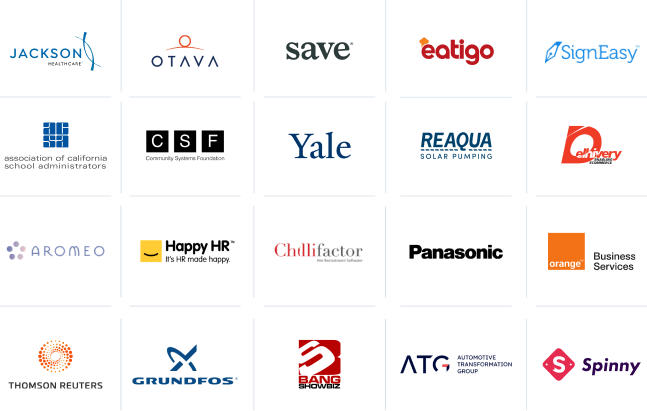We Are India’s
#1 Software Quality Assurance Company
For the past 18 years, we have been delivering software outsourcing services worldwide. Our business domain knowledge, proven methodologies, and technology expertise of skilled software professionals yield high-quality solutions that add value to businesses.
From startups to enterprises, product companies to digital agencies, and SMEs to governments, we cater to them all for their diverse technology requirements. Our utmost effort allows us to lead the market of top software companies.
- Experienced software developers
- Cost-effective solutions
- IP-rights protection
- Flexible engagement options
- Smooth communication
- Best development practices
- On-time delivery
- Daily/weekly/monthly reporting
Awards & Certifications –










